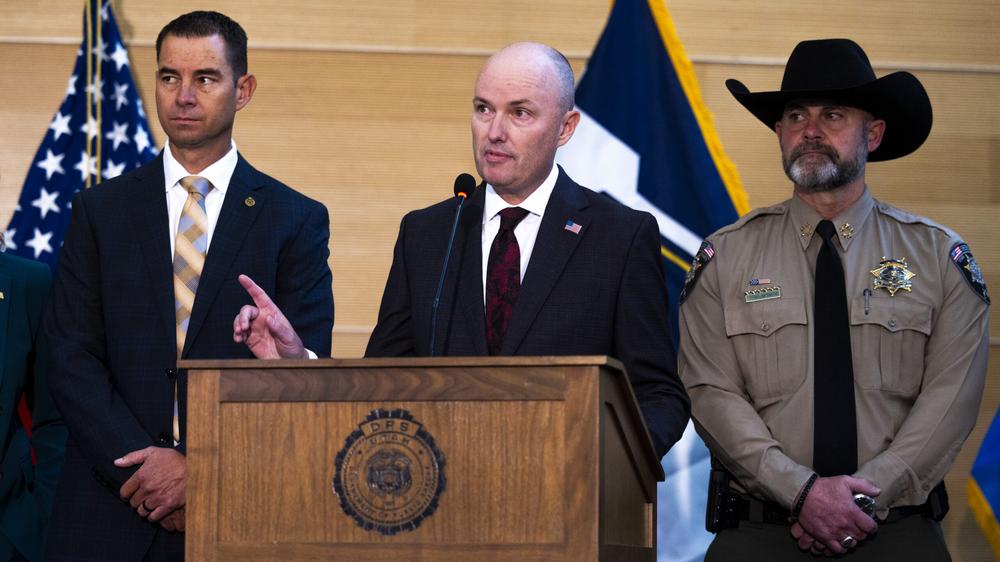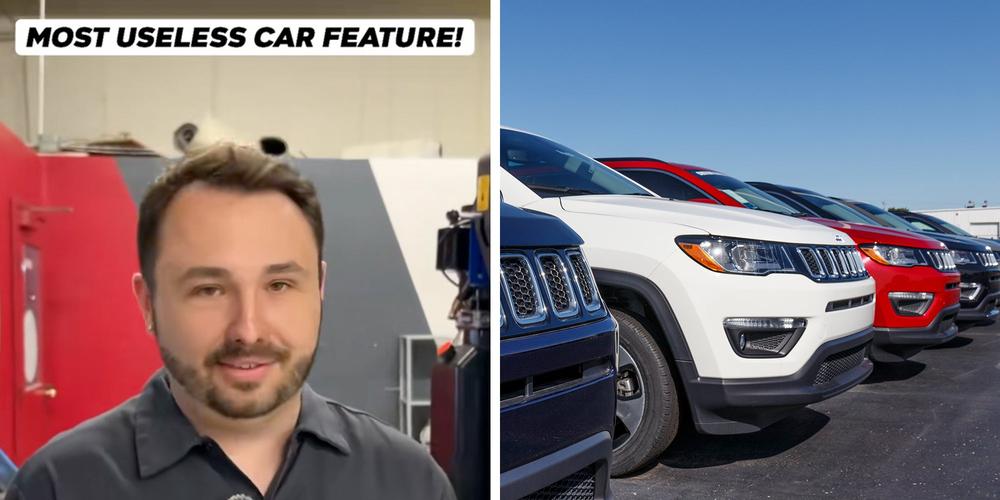The conservative broadcaster/provocateur Charlie Kirk—murdered this week during a visit to a Utah college—had tweeted some life advice this summer: "When things are moving very fast and people are losing their minds, it’s important to stay grounded. Turn off your phone, read scripture, spend time with friends, and remember internet fury is not real life. It’s going to be ok."
Kirk was not himself always a great role model for staying grounded, thoughtful, or caring to others. He was better known for "look at me" stunts like offering completely unsolicited commentary upon Taylor Swift's engagement, calling the singer a "cat lady" and telling her to "engage in reality more," to "reject feminism," and to "submit to your husband" because "you're not in charge."
But his advice itself isn't all bad. Social media so often feeds most hungrily upon our darker emotions; constant reinforcement of anger, fear, frustration, and even jealously (FOMO, anyone?) cannot possibly be good for us to marinate in so often. Maintaining a connection to the physical world and the physical presence of others can be immensely stabilizing—sometimes even helpfully "boring"—after we become too addicted to the rush of emotions caused by one more Internet outrage.
Kirk was wrong about two things in that tweet, though. First, "Internet fury" is quite clearly real life. And two, things may not "be ok" even after you set down the phone and are sitting beneath a tent in Utah, talking to students.
Authorities announced today that, after several incorrect detentions, they are reasonably certain they have arrested Kirk's shooter. Spencer Cox, the governor of Utah, said at a press conference that the shooter's bullets were covered with various bits of graffiti, including:
“Notices bulge OwO what’s this?” (online meme involving furries)
“Hey fascist! Catch!”
“Oh bella ciao, bella ciao, bella ciao ciao ciao”
“If you read this you are gay LMAO”
There was also a series of markings described as "up arrow, right arrow, and three down arrow symbols." The New York Times described these as a possible "reference to a sequence of controller moves that unleashes bombs in the popular video game Helldivers 2."
This is an extremely online style of writing—cryptic, meme-driven, and jokey even about serious or disturbing issues. Was the alleged shooter helped toward his act of violence by the communities he was in online? And are millions of Internet users helping or hurting their own moral and civic identities by watching detailed video of the murder, which was immediately shared on social media?
As his press conference wrapped up, Cox made a plea for everyone to follow Kirk's tweeted advice (which he cited). He said that "we are not wired as human beings—biologically, historically—we have not evolved in a way that we are capable of processing those types of violent imagery... This is not good for us. It is not good to consume."
And he added that "social media is a cancer on our society right now. I would encourage people to log off, turn off, touch grass, hug a family member, go out and do good in your community."
This could have been useful to Extremely Online People like the alleged shooter, who was turned in by some of his own family members and who might have been dissuaded from his actions had he engaged more directly with them. (Of course, simplistic advice like this is often wrong; difficult family members and broken relationships might mean that in-person connection is also unhelpful for some.)
It might also be good advice for the kinds of Extremely Online People who lead the country by posting social media threats to unleash the "Department of War" upon Chicago, shown burning in the background.
Treating cancer
At its heart, though, Cox raises a question about whether social media is 1) a powerful force capable of both great good and terrible incitement and misinformation, or whether it is 2) a mere cancer.
I assume Ars readers are divided on this question, given that the Ars staff itself has differing views. One can point, of course, to the successes: The powerless can call out the lies of the powerful, they can gin up "color revolutions" to topple dictators, and they can publish their views with an ease and at a cost that not even the printing press—itself an extremely disruptive technology—could manage. On the flip side, of course, is all the "cancer": the floods of misinformation and bile, the yelling, the "cancel culture," the virtue signaling, the scams and hoaxes, the ethnic nationalism, the casual sharing of both gore and pornography, the buffoonish natures of the tech overlords who run too many of these services, and that feeling you get when you log in to Facebook and realize with a shock that your aunt is a closet racist.
The question for me—a live question, one I'm not sure I can answer—is whether all these negative effects will eventually be regulated or suppressed once we acquire more familiarity with the technology, or whether the fundamentally addictive design of social media apps will pose an insoluble challenge to human willpower and flourishing. Or maybe we put too much blame on "addictive tech" when in reality, humans fundamentally pine for spectacle, outrage, cruelty, and a sense of community formed by excluding others. (Social media, in this view, may be more of a diagnostic tool for our condition than a cause of it.) Or perhaps the answer is "all of the above."
Can we save the virtues and limit the vices of social media by imposing "screen time limits," avoiding the most toxic communities, and blocking the many online charlatans and fools? Are there lessons we can learn from the general success of the Ars comments, which have been, on the whole, a productive (and highly moderated) enterprise among a specific community? Should we seek to return to smaller and more moderated groups rather than the current global free-for-all of social media? Should we demand that social media apps have more moderation and, if so, do we want to keep this moderation "neutral" or let it be more explicitly "political"? What will we lose by "raising the gates" against certain kinds of posts and posters—and what will we lose?
Or is it time, as Cox's metaphor actually suggests, to treat social media as something irredeemable and to reach for the chemotherapy, the radiation, and the surgeon's scalpel?

 Final Fantasy 7 Remake Intergrade Sets Switch 2 and Xbox Release Date With Magic Cards Included in Some Pre-Orders
Final Fantasy 7 Remake Intergrade Sets Switch 2 and Xbox Release Date With Magic Cards Included in Some Pre-Orders